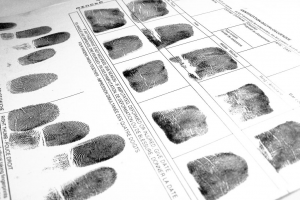
This is not the case though. The records of the arrest, court proceedings and probation will remain on record, and will be available for public viewing unless a petition for non-disclosure is granted by the court.
To make it clear, deferred adjudication is any sanction, community supervision or sentence that was ordered by the court for any offense other than class C misdemeanor. A typical scenario for the probation is where the defendant admits his or her guilt in court, but an official guilty finding is delayed by the judge.
In place of a sentence, the defendant is ordered to follow a set of informal rules for a certain length of time, which is usually from one or two years. Assuming that you followed all the rules and that there was no new arrest during the probation period, your case will be dismissed.
If you are granted a motion for non-disclosure, your criminal history will not be revealed in a request made according to the Freedom of Information Act. However, your criminal records can be released by criminal justice agencies to other agencies even if you have been granted a motion for non-disclosure.
If you committed only a misdemeanor crime, you can petition for an order of non-disclosure as soon as you finish your deferred adjudication successfully. However, there are certain offenses where you have to wait for five years before being granted a non-disclosure order. These include:
- Indecent exposure or public lewdness
- Illegal transport or restraint
- Assault offenses such as assault, terroristic threat and deadly conduct
- Offenses that are considered against the family such as bigamy
- Cruelty to animals, highway obstruction and riot
- Unlawful carrying of a weapon and other weapons offenses
In most instances if you committed a felony, you have to wait for ten years after your deferred adjudication was completed successfully, before you can file a petition for non-disclosure. However, as with misdemeanor offenses, there are felony cases that cannot be granted an order of nondisclosure. These include:
- Aggravated kidnapping
- Offenses that require registration of sex offender
- Murder, including capital murder
- Endangering or abandoning a child
- Injury to an elderly, disabled or child
- Protective order violation
- Stalking and other kinds of domestic violence offenses
To be granted an order of nondisclosure, you have to convince the court that there is little change of you repeating your criminal offense and that you have kept yourself out of trouble. You may also show the judge that the charges against you were dismissed for a good cause.
Establishing these facts is where you need the experience and resources of the Goolsby Law Firm. Our lawyers have the dedication and aggressiveness and will fight hard to try and obtain the most favorable response to your court petition. We provide an initial discussion of your case for free.





